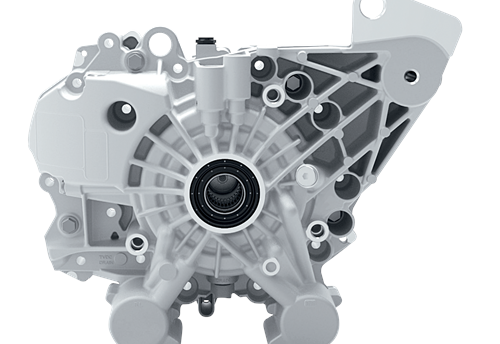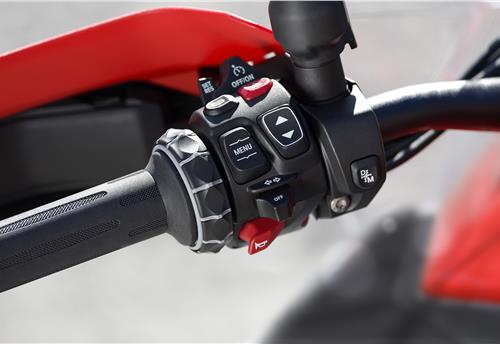New dynamic cylinder shut-off tech to cut CO2 by up to 15% from 2018
Dynamic skip fire cylinder deactivation will make production in an unconfirmed model from a 'large, global' car maker
A new and advanced dynamic cylinder deactivation technology that can cut CO2 emissions in V8 petrol engines by 15% will make production in 2018.
Developed by parts supplier Delphi and automotive tech company Tula, the cylinder shut-off technology is also claimed to trim CO2 emissions by 8% in smaller turbocharged four-cylinder engines, making them as efficient as their diesel counterparts.
The dynamic skip fire cylinder (DSF) deactivation system works by deciding whether to fire or skip each cylinder before its firing. If a cylinder is skipped, the intake and exhaust valves are held closed by Delphi’s cylinder deactivation hardware. The system works by controlling the car’s spark ignition, so only petrol cars are compatible. It makes independent decisions up to 32,000 times a minute.
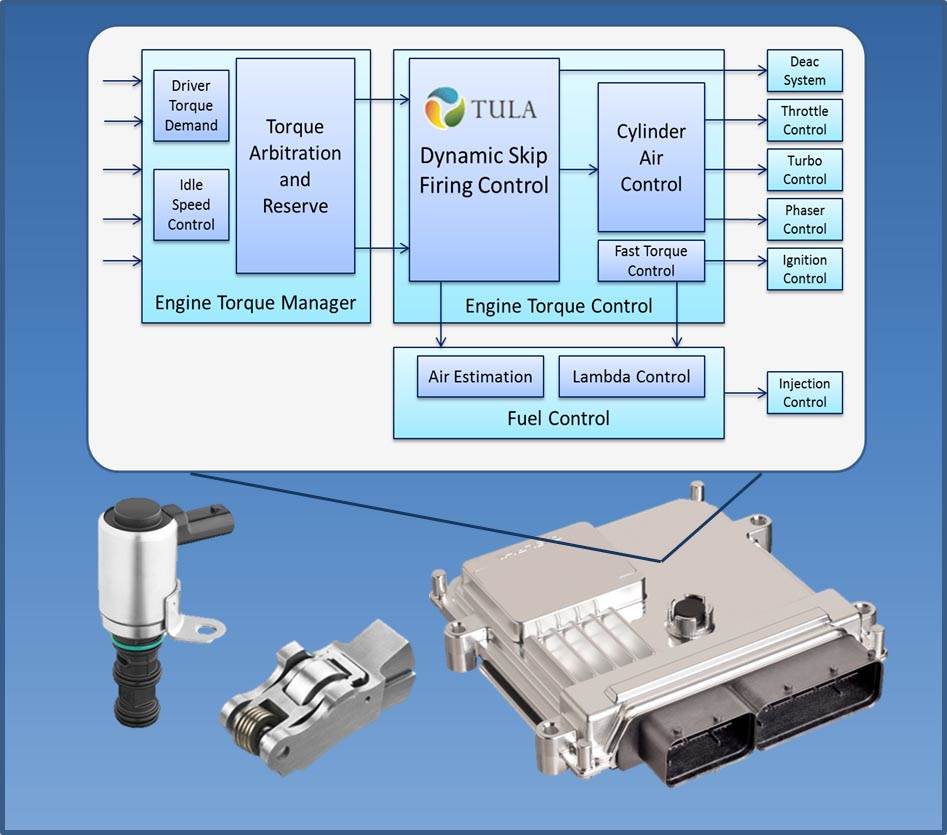
Scott Bailey, president and CEO of Tula said: "Every time a cylinder is ready to be fired, the system makes a dynamic decision – do we fire this cylinder or do we drive this cylinder for torque reasons?"
Bailey explained that this process takes place independently for each cylinder, so each one can be managed to maximise efficiency when not running at full throttle. "We don’t look at running fixed patterns [like conventional cylinder deactivation systems], so we can run anywhere from zero cylinders to 100% of the available cylinders, with any firing density between them," he added.
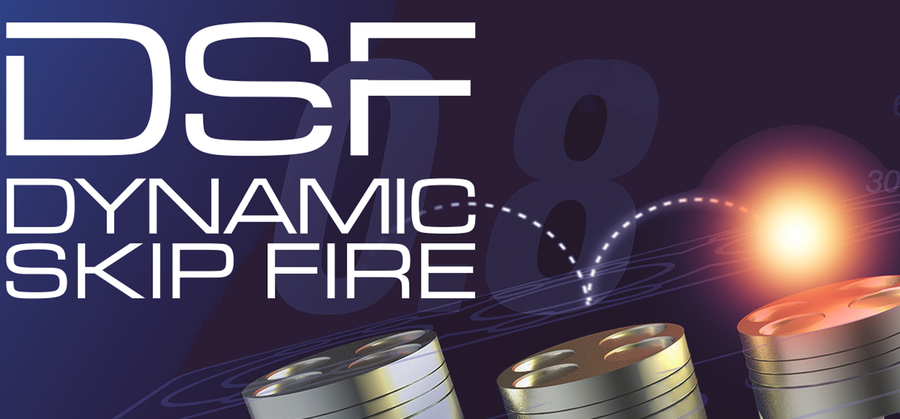
John Kirwan, chief engineer of advanced R&D at Delphi Powertrain, said that the biggest savings can be made in larger capacity engines like V8s and V12s, but that the first models to use the system will have smaller turbocharged units. "We can't say what model it'll be fitted to first, but we can say that a large, global manufacturer will be the first to use it in a car from 2018," he revealed.
The system is being demonstrated on a Volkswagen Jetta with a 1.8-litre four-cylinder turbocharged engine. Later down the line, the two companies will showcase a 48v hybrid system combined with the dynamic skip fire tech; a CO2 and fuel consumption reduction of up to 20% is possible with the two technologies, Delphi claims.
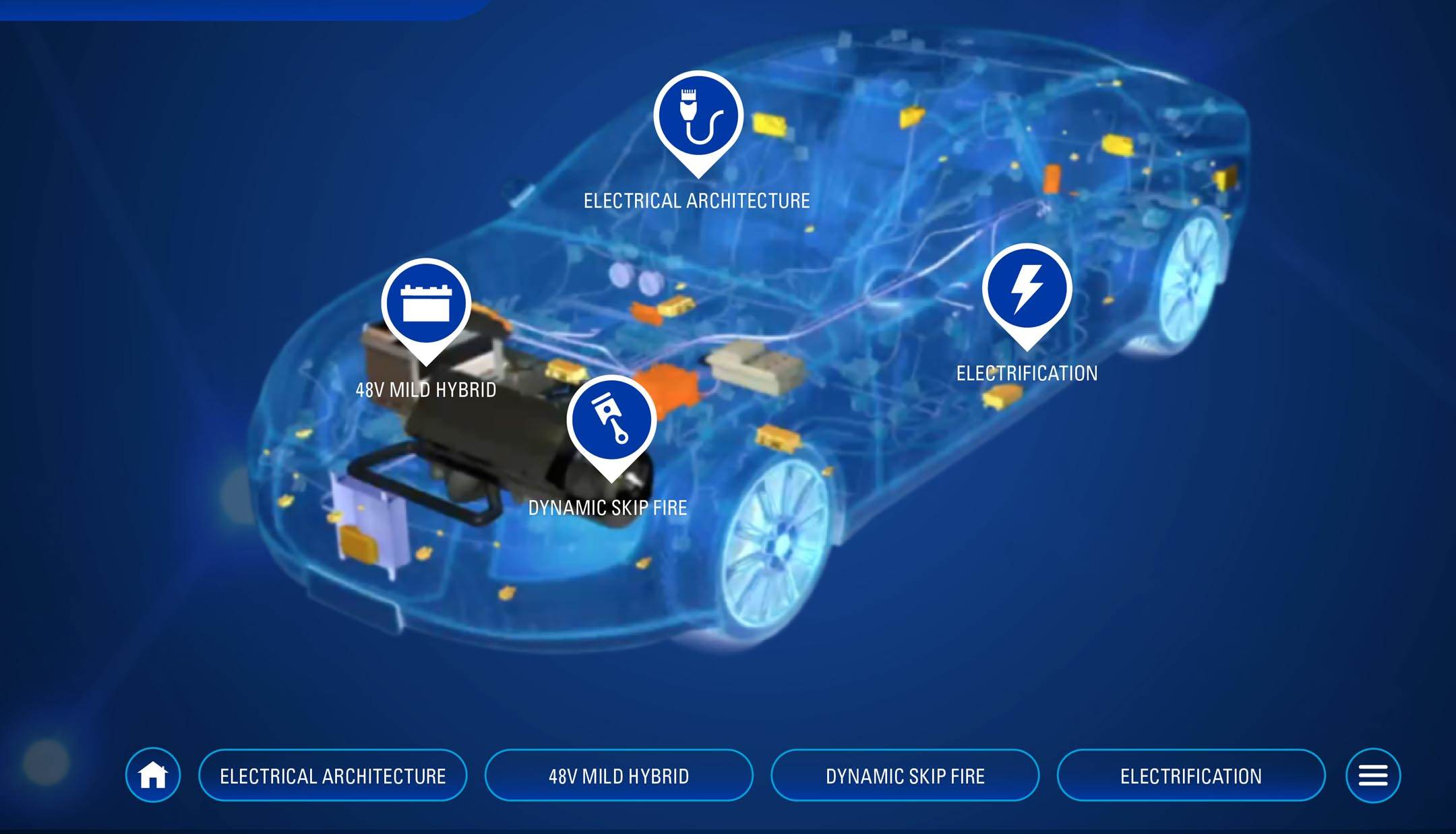
A wide range of engine sizes can accommodate the system, including three-cylinder engines, in which the system has also been tested. Torque demand from the driver, the effect of the cylinder on refinement and noise are among the decision criteria of whether to shut down a cylinder before firing.
A Delphi spokesman said the system is aimed at making petrol engines as efficient as diesels, with high fuel economy and low CO2 emissions. This could, if the system enters the mainstream, eliminate one of diesel’s key selling points in certain driving scenarios.
Delphi claims the system’s cost to a car manufacturer equates to about £34 (Rs 3,346) for every 1% of CO2 saved per engine. "This compares to other forms of [cylinder deactivation] technology which are closer to [£70/Rs 6,980]," said Kirwan.
The (DSF) technology will be presented in full at the Vienna Motor Symposium later this week, as an industry first: the first fully variable cylinder deactivation system.
All four-cylinder engines are targeted, including downsized turbocharged units. The company also expressed the potential of the system to improve cars’ refinement; in cars with more cylinders, the shut-off system causes vibration when the cylinders are switched off; this new system, said the spokesman, doesn't and is as refined as when all the cylinders are running.
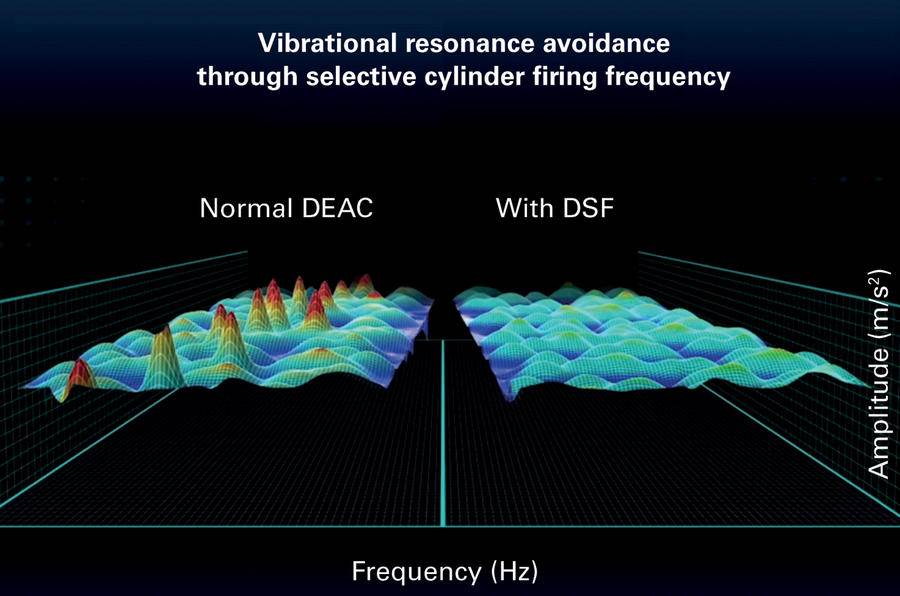
The system is also viable for use in hybrid cars, in addition to purely fossil-fuelled cars. In hybrids, the CO2 saving would be even greater, at up to 3% on top of the previous reduction, so in excess of 11% can be saved.
Delphi claims that the system causes the engine to run at near-peak efficiency, and also allows an evolution of the current cylinder shut-off systems’ approaches to saving fuel while decelerating, shutting down all cylinders when the car is decelerating.
RELATED ARTICLES
Kia previews upcoming EV3 compact SUV with teaser images
Korean carmaker gives a glimpse of its forthcoming model’s front and rear end design ahead of the global premiere on May...
BorgWarner supplies Polestar BEV SUVs with electric torque vectoring and disconnect system
Electric Torque Vectoring and Disconnect (eTVD) system for battery electric vehicles adaptively improves vehicle safety ...
BMW Motorrad develops Automated Shift Assistant to make riding simpler
Automated Shift Assistant’s clever functional design eliminates the need for a hand lever to operate the clutch manually...





 28 Apr 2017
28 Apr 2017
 6137 Views
6137 Views



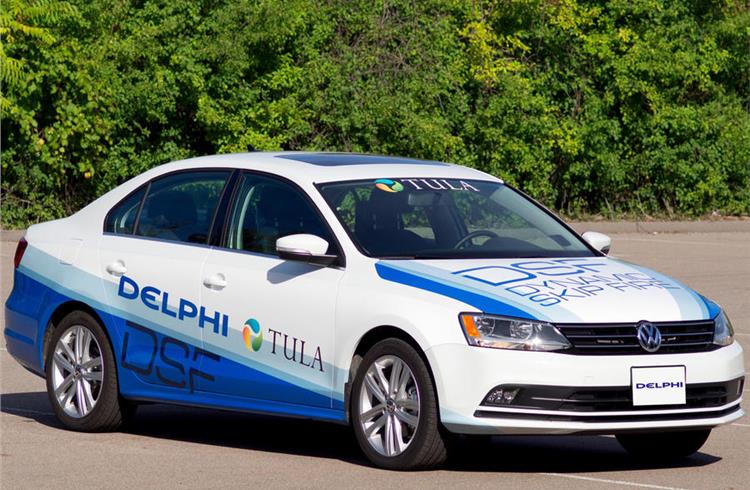
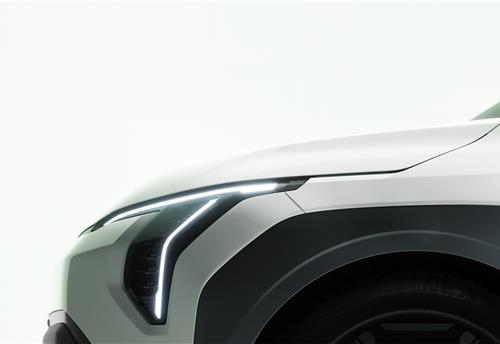
 Autocar Pro News Desk
Autocar Pro News Desk

